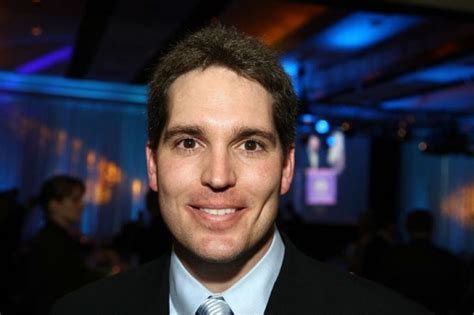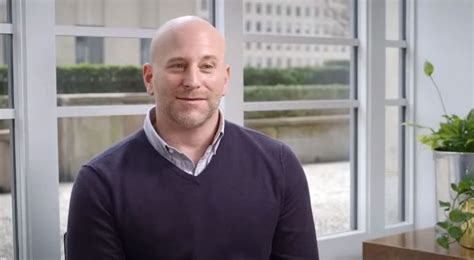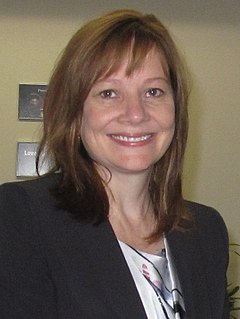A Quote by Jason Kilar
At a macro level, it's balancing the needs of consumers, advertisers and content owners. And if you talk to any one of those three customer sets in isolation, often times you won't delight the other two. So the hurdle we faced with Hulu Plus was, how can we thread this needle in a way that delights all three customer sets?
Related Quotes
I'm not a young man, and I can find intensity in a lot of different ways, sometimes without even raising my voice. When I was younger, it was all about how I need three extra sets of lungs to get enough wind to get out the thing at the screaming level I need to, because that's the way it needs to be. Now, I see that there's a whole lot of other colors on the palette.
The most common way customer financing is done is you sell the customer on the product before you've built it or before you've finished it. The customer puts up the money to build the product or finish the product and becomes your first customer. Usually the customer simply wants the product and nothing more.
The man who has learned that three plus one are four doesn't have to go through a proof of that assertion with coins, or dice, or chess pieces, or pencils. He knows it, and that's that. He cannot conceive a different sum. There are mathematicians who say that three plus one is a tautology for four, a different way of saying "four" ... If three plus one can be two, or fourteen, then reason is madness.
The outside-in discipline requires that you have an explicit customer-based reason for everything you do in the marketplace. Managers need to create what I call "customer pictures," verbal descriptions of customers that highlight the key customer characteristics and make those customers come alive. Although managers never know as much about customers as they want and need to know, the outside-in discipline requires that they construct customer pictures anyway, basing the pictures on whatever hard data they have plus hypotheses and intuition.



































